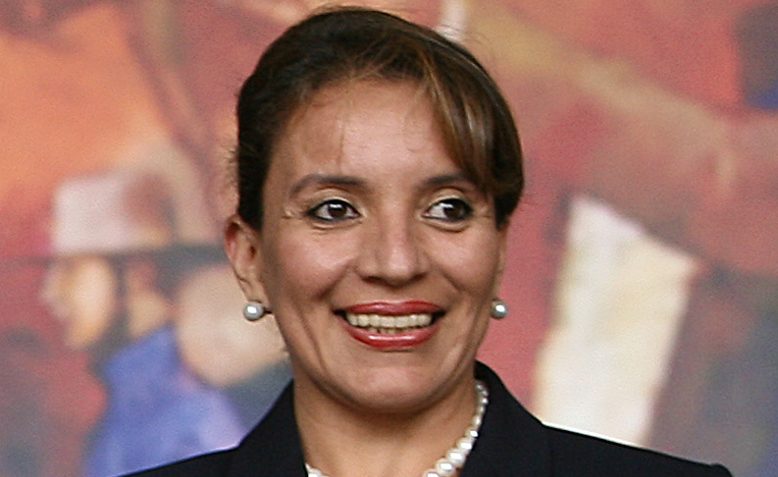 Xiomara Castro. Photo: Ricardo Stuckert / PR / Agência Brasil / Wikimedia Commons / CC BY 3.0, license linked at bottom of article
Xiomara Castro. Photo: Ricardo Stuckert / PR / Agência Brasil / Wikimedia Commons / CC BY 3.0, license linked at bottom of article
The triumphant victory for the left in Honduras is a huge blow to US hegemony in the region, argues Jonathan Maunders
Honduras’s presidential election has resulted in a seismic victory for leftist Xiomara Castro, delivering a great blow to US hegemony in the region. Castro’s triumph marks the end of over eleven years of right-wing rule, supported by the US.
Castro, who will also become Honduras’s first female president, beat right-wing candidate Nasry Asfura so decisively that the result was assured with just over half of the ballots counted. Castro, of the socialist Liberty and Refoundation party, won the hearts of Hondurans voters with a clear vision for change.
How did Castro win?
While the ruling National Party’s candidate Asfura ran on a platform of neoliberal continuity, Castro won supporters by promising an ‘alternative economic model’, ending years of increasing inequality.
Under the National Party, unemployment has risen to 10%. Meanwhile, many Hondurans have grown angry with the government’s handling of the pandemic, and its response to the devastation caused by major hurricanes.
This election victory is also a clear message from Hondurans for the US to end its meddling in the country. Castro is married to ex-president Manuel Zelaya who was removed in a 2009 coup, following attempts to bring about democratic reforms to Honduras’s constitution.
In the first edition of a 2014 memoir, Hilary Clinton admitted to playing a role in the coup in her position as Secretary of State, under the presidency of Barack Obama. While the admission was removed in the memoir’s revised editions, the years since the coup saw Honduras increasingly integrated into to the neoliberal project of the US.
This trend was mirrored by increasing violence and corruption engulfing Honduran politics, particularly within the government. Castro’s victory is a clear rejection of US intervention and the damage it has brought.
What now?
Given Honduras’s recent political history, many inside the country know that US intervention will be an ongoing threat, with the election result potentially undermining its hegemony in the region.
Hondurans only need to think back to 2009, or look across the Caribbean to Venezuela, to see what happens when countries in the region stand up to defy US interests. The Biden administration will surely be readying itself as Castro sets out her economic and geopolitical strategy, preparing to intimidate and destabilise.
Castro’s victory has delivered a historic opportunity for Hondurans to break free from US imperialism and reverse years of crippling neoliberal policies. However, they must be prepared for the inevitable challenges that this path will bring.
Join Revolution! May Day weekender in London
The world is changing fast. From tariffs and trade wars to the continuing genocide in Gaza to Starmer’s austerity 2.0.
Revolution! on Saturday 3 – Sunday 4 May brings together leading activists and authors to discuss the key questions of the moment and chart a strategy for the left.

